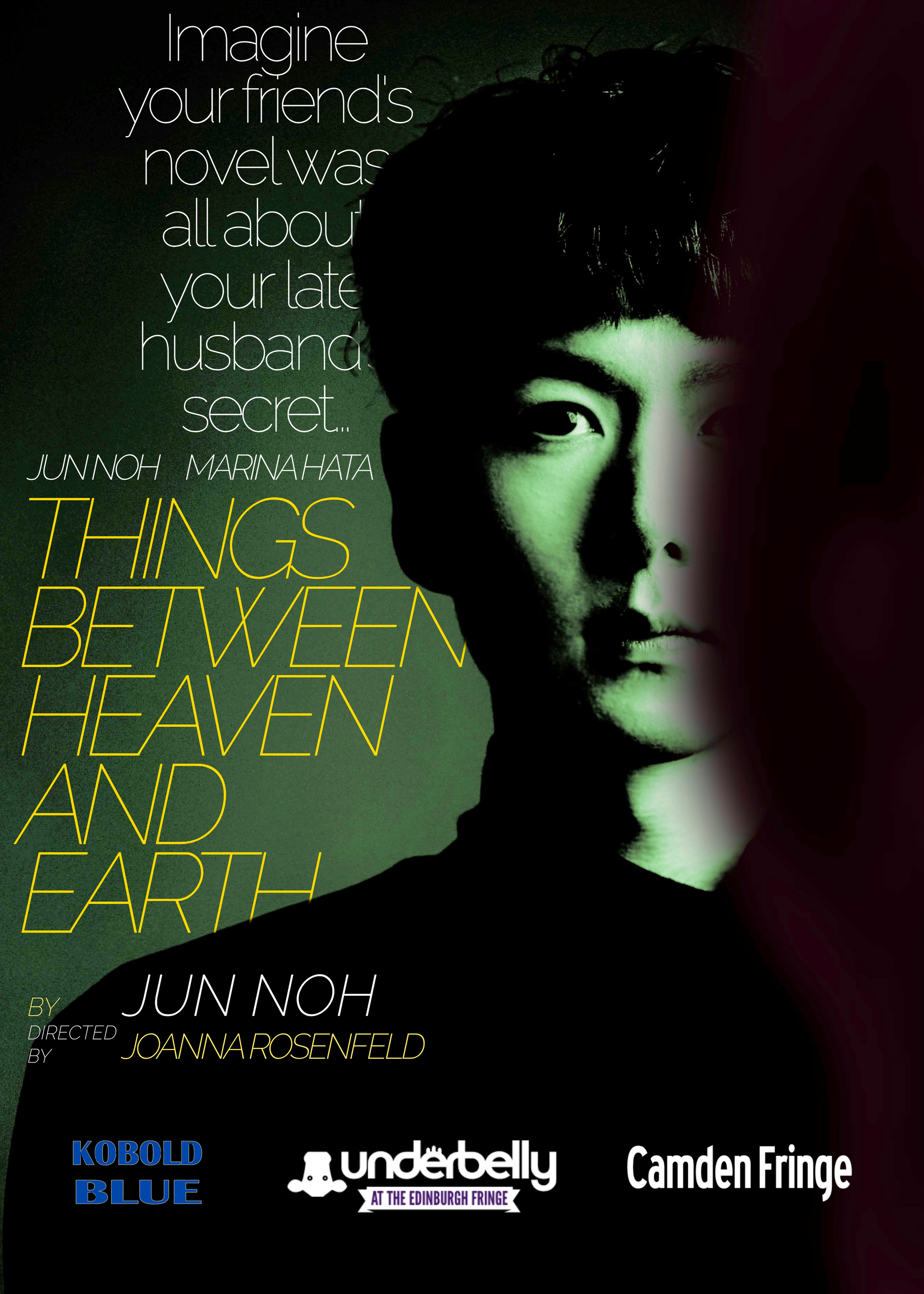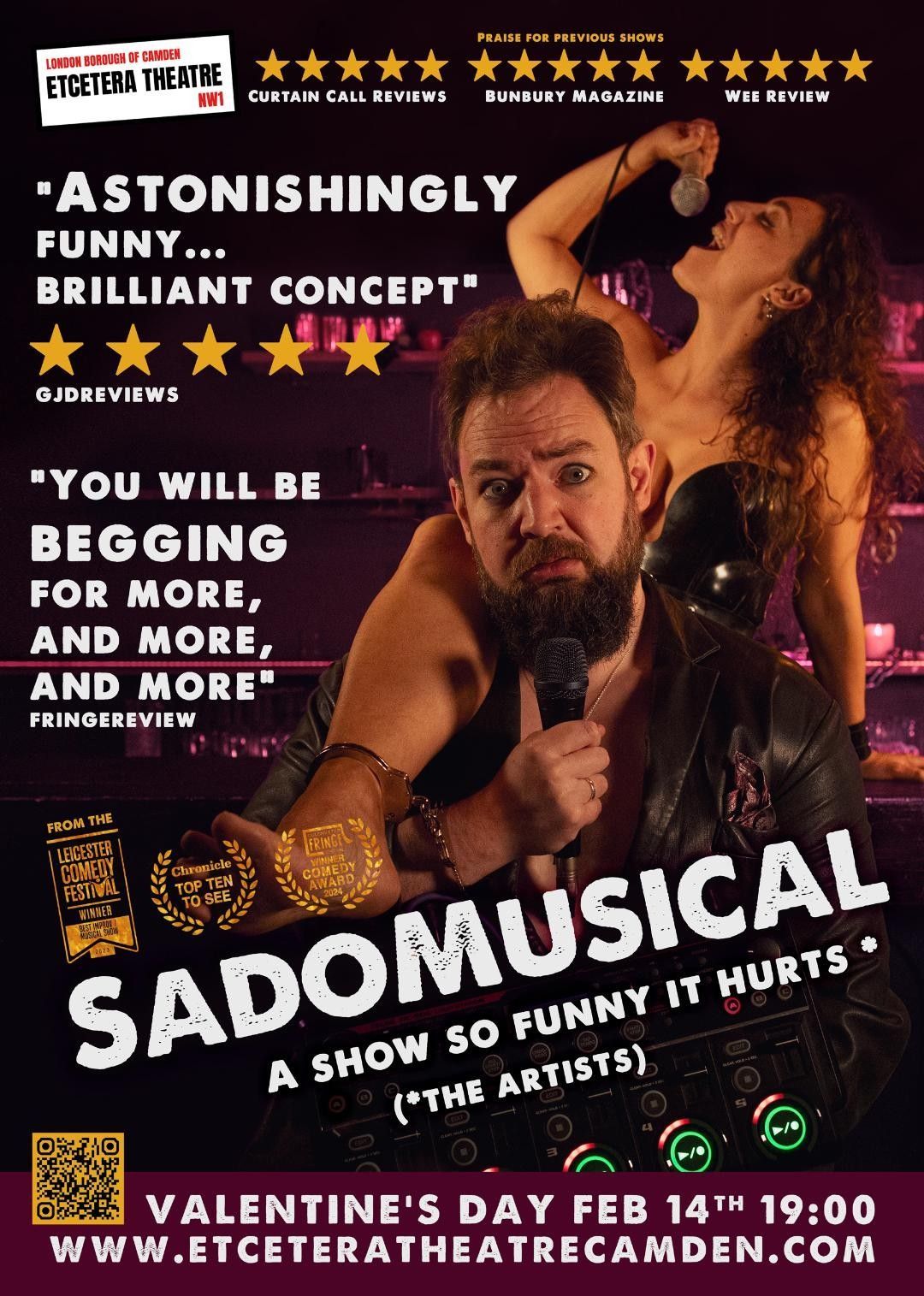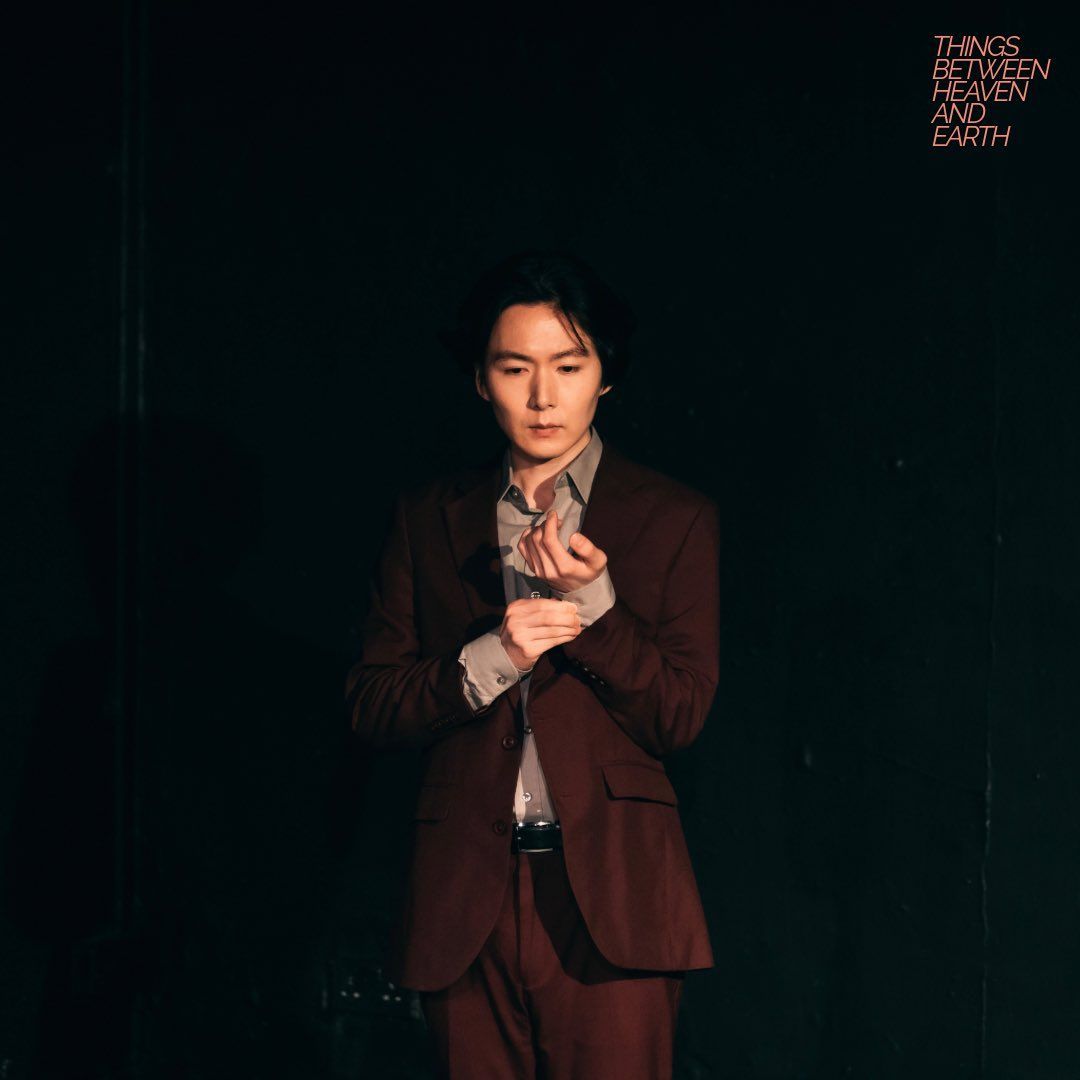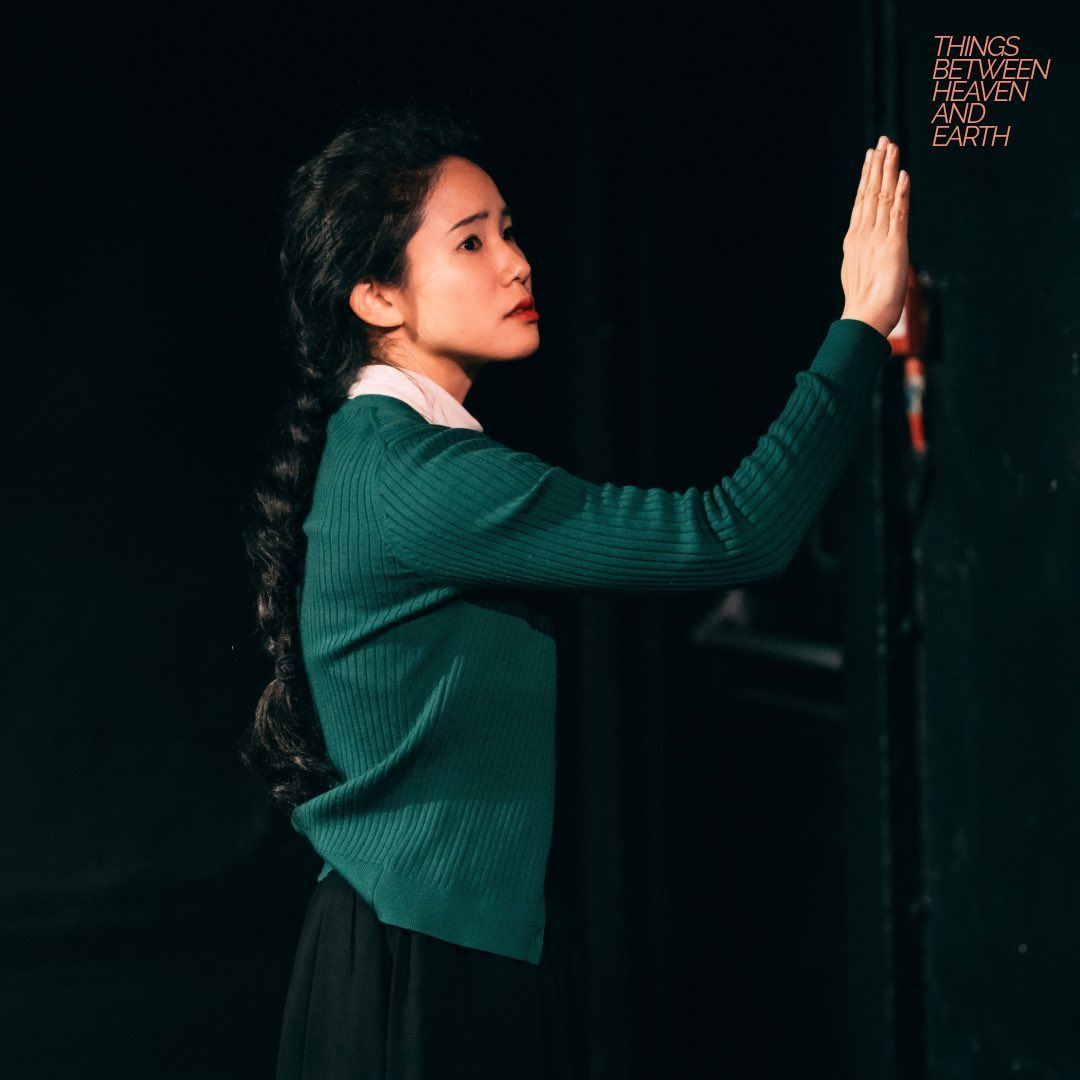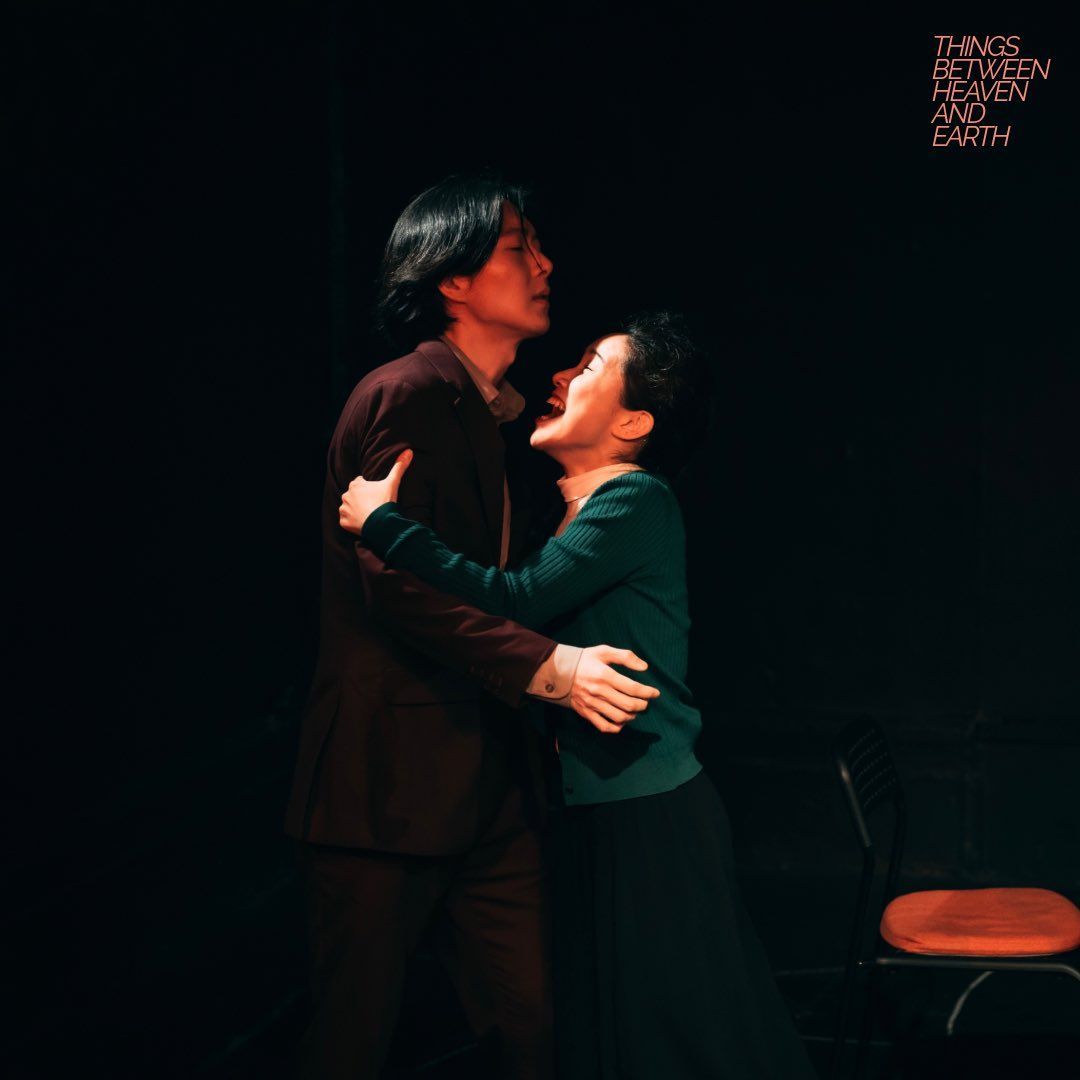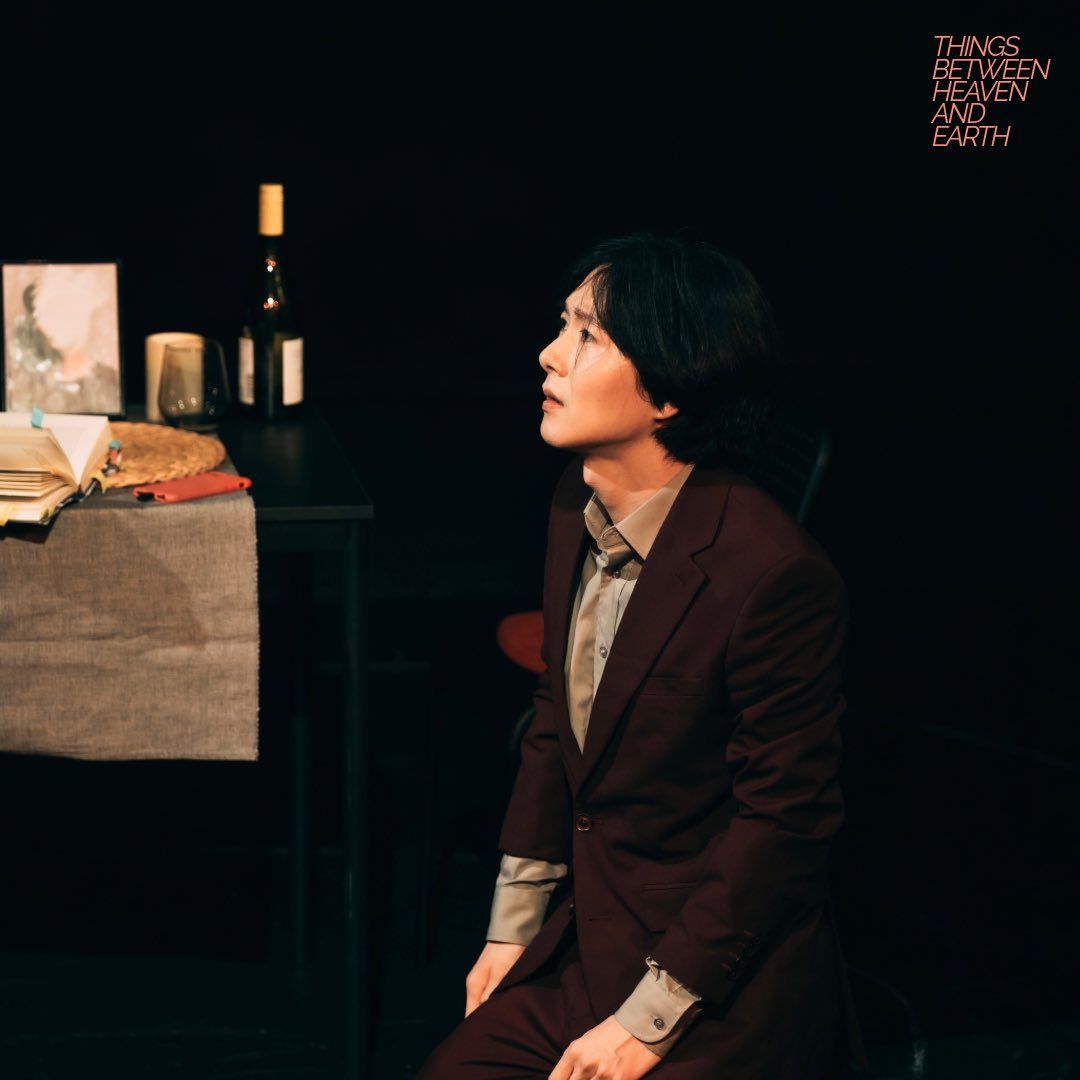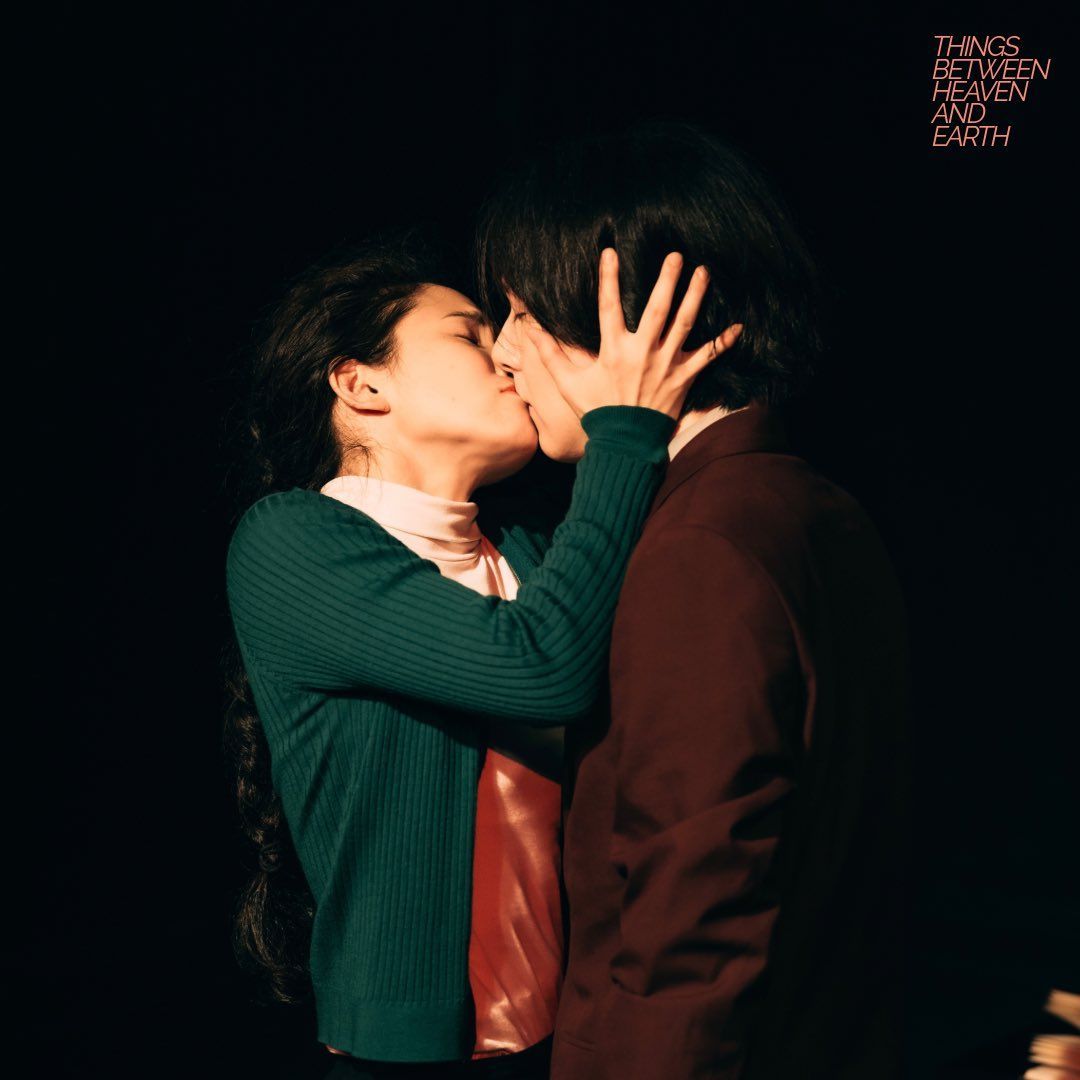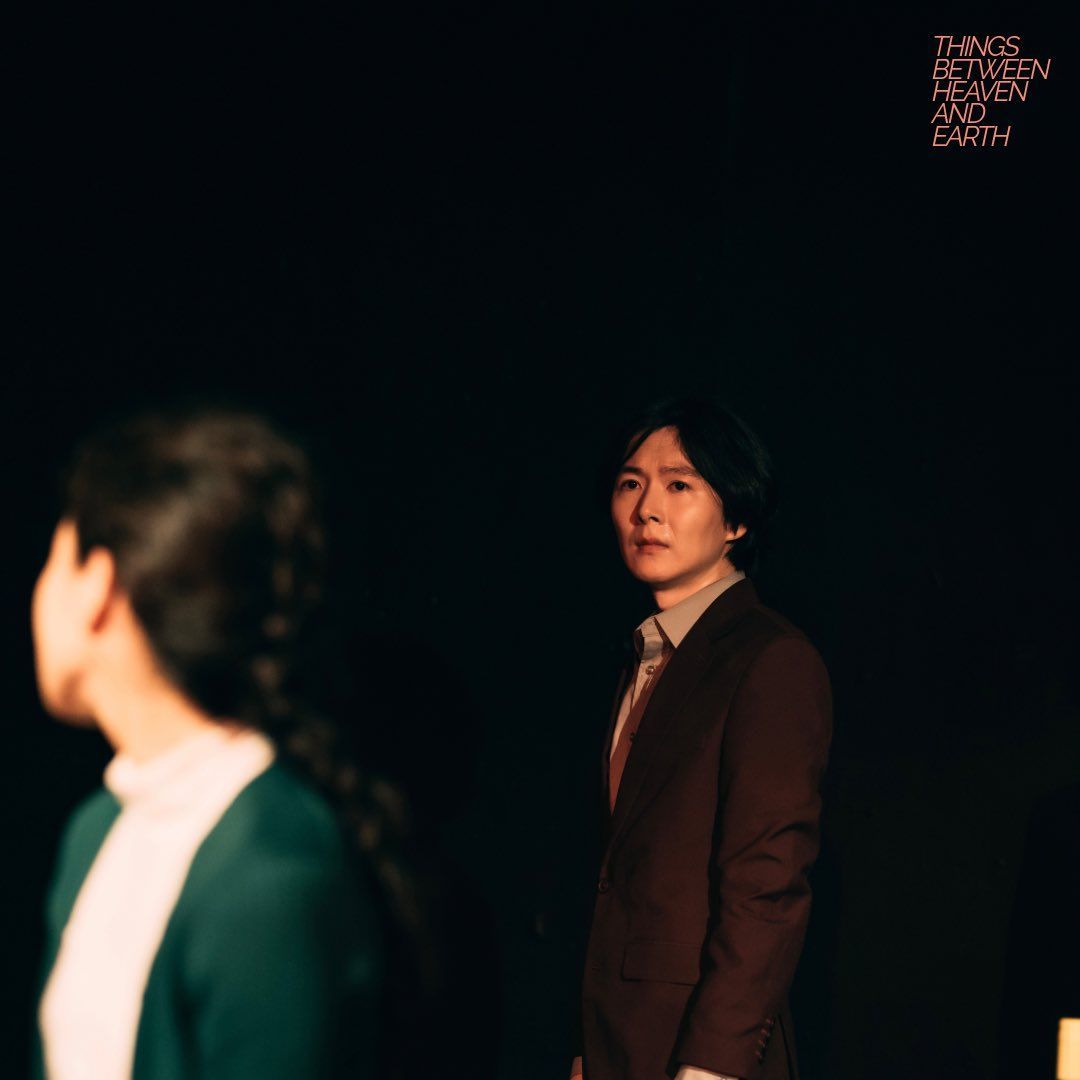INTERVIEW:
JUN NOH on his psychological thriller THINGS BETWEEN HEAVEN AND EARTH
Writer and performer Jun Noh brings his psychological thriller THINGS BETWEEN HEAVEN AND EARTH to Camden Fringe, Edinburgh Fringe and Lambeth Fringe Festival. The show covers themes popularised in The Talented Mr. Ripley and Rosemary’s Baby – grief, betrayal and identity.
LPT: Hello Jun Noh, delighted to have a chat with you about your upcoming psychological thriller. Firstly, could you tell us a little about your background.
While growing up, I dabbled in many things around the world, with a particular focus on classical music. However, I found my true calling after experiencing The Jungle at the Young Vic in 2018. This powerful narrative profoundly shifted my worldview, revealing the transformative power of storytelling. Inspired, I pursued training as an actor at LAMDA and have never looked back. Now, I'm excited to branch out into the more creative aspects of the industry as well.
LPT: Please tell us a little bit about the story of Between Heaven and Earth.
The story is partially inspired by one of my heroes, Steven Daldry. Needless to say, people were confused when he married his wife Lucy despite being openly gay. He later reconfirmed his identity as a gay man within a platonic relationship with his soulmate. People fear what they don’t understand, and our culture is fundamentally based on dichotomous thinking: black and white; gay and straight; and, more importantly, us and them. The instinct to quickly judge whether others are allies or enemies is deeply embedded in our DNA. I believe that is why younger generations widely embrace non-binary identities—not to deny their existence, but also as a political act to resist dichotomous thinking. It’s important to understand where they are coming from.
Our titular character, Eric, is an openly gay novelist from a racial minority group. His immense public persona brings significant pressure to be a role model. Despite his wish to rekindle a platonic connection with May and the enduring feelings between them, he finds it impossible to acknowledge this to himself. To be clear, this story does not condone any form of notion of conversion. Instead, it delves into questions of sexual fluidity, identity, and the complexities of human relationships.
LPT: You are likening your show to The Talented Mr Ripley and Rosemary’s Baby, could you tell us more about this?
As a writer, I am deeply intrigued by one's identity and the ways in which individuals make compromises to fit into society. The Talented Mr Ripley and Rosemary’s Baby both feature their characters' names in their titles, signalling a profound exploration of their identities.
Ripley is, of course, author Highsmith’s creation, set in a time when Ripley’s sexuality was illegal. Unable to truly accept himself, he constantly makes wrong choices out of self-loathing. In Things Between Heaven and Earth, Eric is a renowned novelist who incorporates his sexuality into his brand, yet still grapples with many internalised phobias. He must confront his demons at some point in the story.
People might be more familiar with the film, but Rosemary’s Baby is a faithful adaptation of Ira Levin’s book. It is a seminal piece on women’s lack of agency in society, particularly within marriage. Rosemary’s isolation and how her voice is easily dismissed as hysteria remain deafening today. In Things Between Heaven and Earth, the character May (played by Marina Hata), was raised by a single mother in an ultra-Christian and conservative community. She has been expected to conform and has been lied to by many men in her life. She finally reaches her breaking point after reading Eric’s novel about her marriage to her late husband. I hope the audience, like May, will be transported to a different place by the end of the play.
Production images: Jun Noh as Eric and Marina Hata as May
Sands of Time
LPT: In the drama there is a focus on the intersection of East Asian culture, faith, and sexuality. How far do they conflict with the British experience?
As many people have come to see, it often comes down to individualistic versus collectivist cultures. It's fascinating that many in the region can't accept sexual minorities, even though there is no clear religious reason to label them as sinners. Many are opposed to standing out in any way.
Eric and May grew up in an Asian immigrant community centred around an evangelical church, as often happens. They both ended up with a strong but unfounded aversion to stepping outside social norms, combined with their evangelical views - a combination that isn’t ideal. So, when Eric finally came out, their relationship never fully recovered.
LPT: How far have your own personal experiences influenced your work?
Absolutely. As an actor, it takes me back to the process of building a character. Some people believe that finding some connection to your past is crucial for authenticity, while others argue that creating entirely new memories for a character is more effective. There is no right or wrong approach; what matters is that it’s always filtered through your unique perspective.
There is also a meta aspect to writing about a writer as a character. In the play, Eric faces criticism for using his personal life as material for his novel. It’s common for writers to draw on their own experiences, often using this ambiguity as a clever marketing tool. However, this can sometimes create controversy. When your writing process starts impacting your relationships or how you are perceived, it can feel a bit like you are cannibalising your own life.
LPT: As thrillers are usually very suspenseful, could you tell us more about the techniques you have been using to achieve this.
Much of the tension in a psychological thriller comes from the gap between what characters say and what they actually think, as they try to read between the lines. Navigating this is definitely tricky. The real challenge is to maintain that sense of ambiguity while keeping the audience engaged. Creating the right atmosphere on stage is also crucial, which is why casting the perfect actor for May was key to the play’s success. We are fortunate to have Marina. Every line in the play is carefully crafted with intention - there are no throwaway lines. For instance, May’s line, "You’re not young!" was deliberately designed to be a weapon.
LPT; You’ve been working with director Joanna Rosenfeld. Has she made you see the play in a different way?
Joanna has been a fantastic asset to the project from the very beginning. Well-established in the Brighton area, she brings extensive experience in creating shows about motherhood and has a deep understanding of gender studies. As a butoh dancer, she also offers valuable insights into both Western and Eastern cultural differences. Coming from Germany herself, Joanna understands the nuances of navigating different societies as an immigrant, which ties perfectly with one of the key themes of the play.
Every time we discussed the character or theme, Joanna brought something fresh and unique to the table. It is easy for drama to become either too camp or melodramatic, but Joanna has a keen sense of authenticity that helps keep us grounded and focused on the genuine aspects of the story.
LPT: Which elements have you been finding the most difficult to bring to the stage? Is it the writing, the acting or other? Please tell us more about that.
Both writing and acting play crucial roles. Unlike a screenplay, where a great script alone doesn't guarantee a great film - since film is fundamentally a director’s medium - theatre leans more towards being a playwright and actor’s medium. The easy answer would be to say the playwright is most important, but I’ve seen so many campy Tennessee Williams productions and dull Chekhov plays where, without great performances, even masterpieces can fall flat.
LPT: Is there something that you particularly want to convey to audiences, that is really important to you?
Every writer dreams of creating something that endures the test of time while also resonating with the current zeitgeist. The play touches on some sensitive topics, and opinions about it will vary - some may love it, while others may hate it. That’s the thrill of live theatre. We enter the theatre as individuals and leave as an audience. There’s something transformative about sharing an experience in the dark with strangers. I don’t see theatre as an educational tool, because let’s face it, no one likes to be lectured. But if the story sparks vibrant conversations afterwards, that’s all I could hope for.
LPT: Where do you hope to be ten years from now?
I don’t dwell too much on the career itself, but I am relentless and have a few ideas in the pipeline, including an adaptation. My goal is to bring these ideas to the stage or screen and then turn my attention to new concepts and connecting with creative people. I can’t wait to dive into them.
LPT: Finally, what are you most looking forward to sharing with audiences?
As Peter Brook famously said, “A man walks across this empty space while someone else is watching him, and this is all that is needed for an act of theatre to be engaged.” Without the audience, we theatre makers could never complete the circle. I may have talked a lot, but remember, theatre is not literature; it’s a living, breathing thing in the space. Come and join us, and let’s talk about it together.
Kobold Blue Productions present
THINGS BETWEEN HEAVEN AND EARTH
Camden fringe performances:
ROSEMARY BRANCH THEATRE 3 August 7.00pm & 4 August 2.00pm
HEN & CHICKENS THEATRE 5 & 6 August 7.30pm
ENDED
Edinburgh Fringe performances:
UNDERBELLY Bristo Square 8 – 12 & 14 - 26 August 1pm
ENDED
LAMBETH FRINGE
Bread and Roses Theatre, Clapham 6 & 7 October
